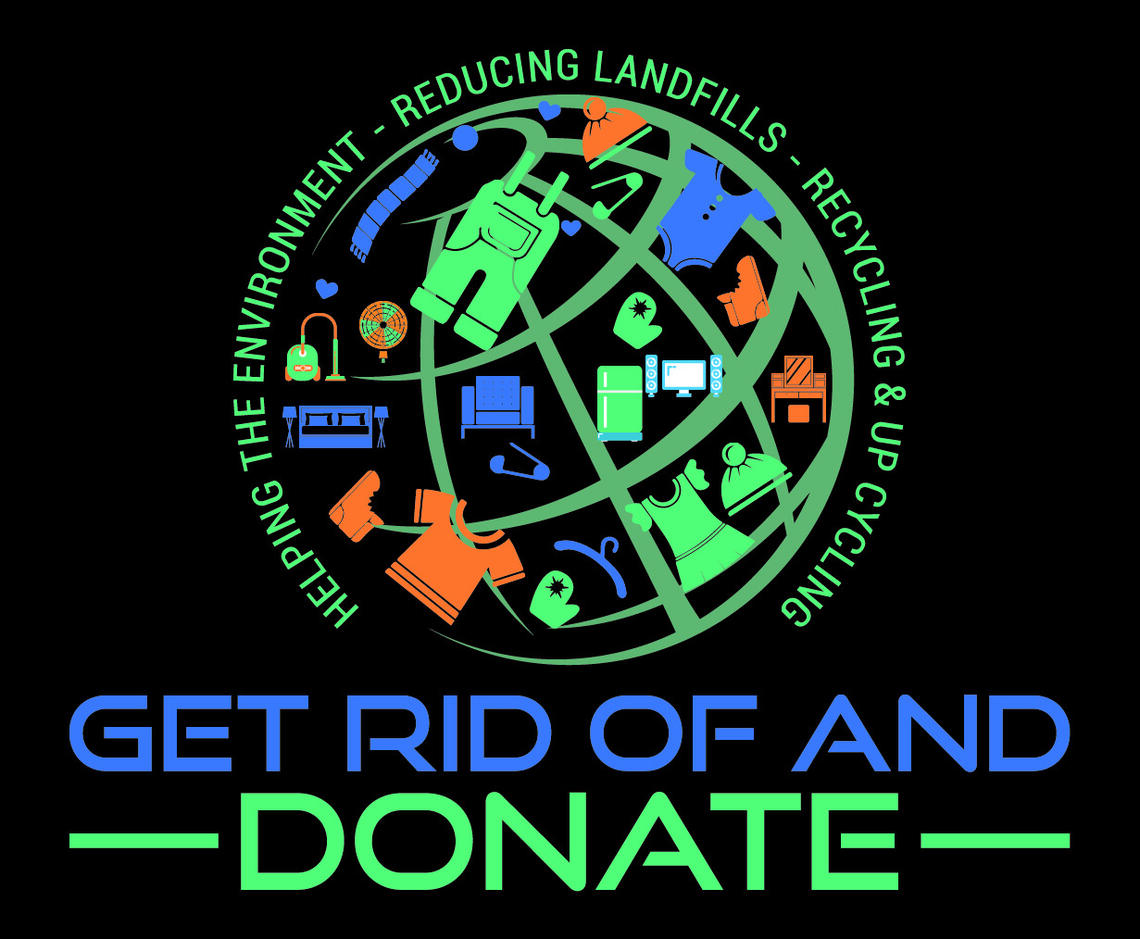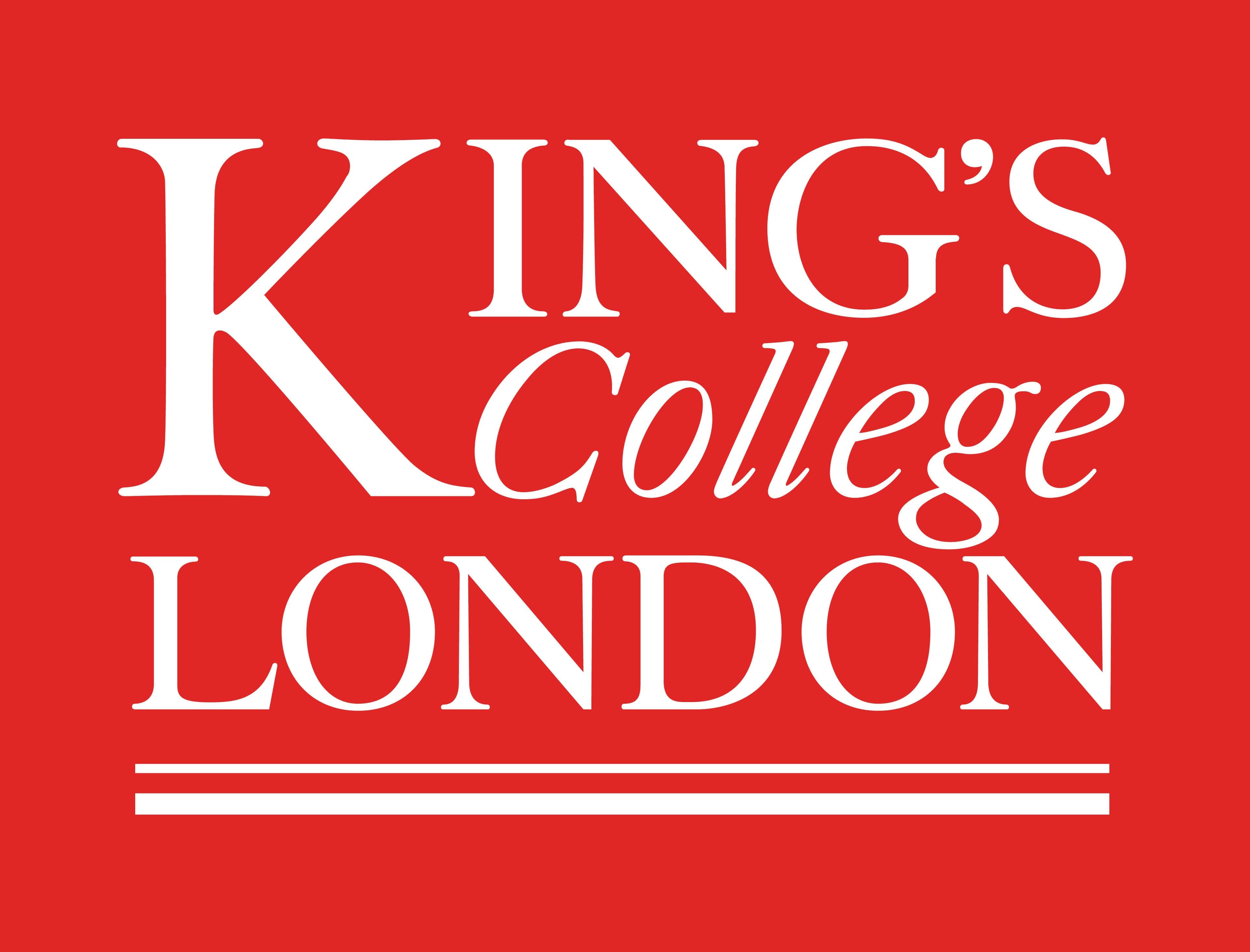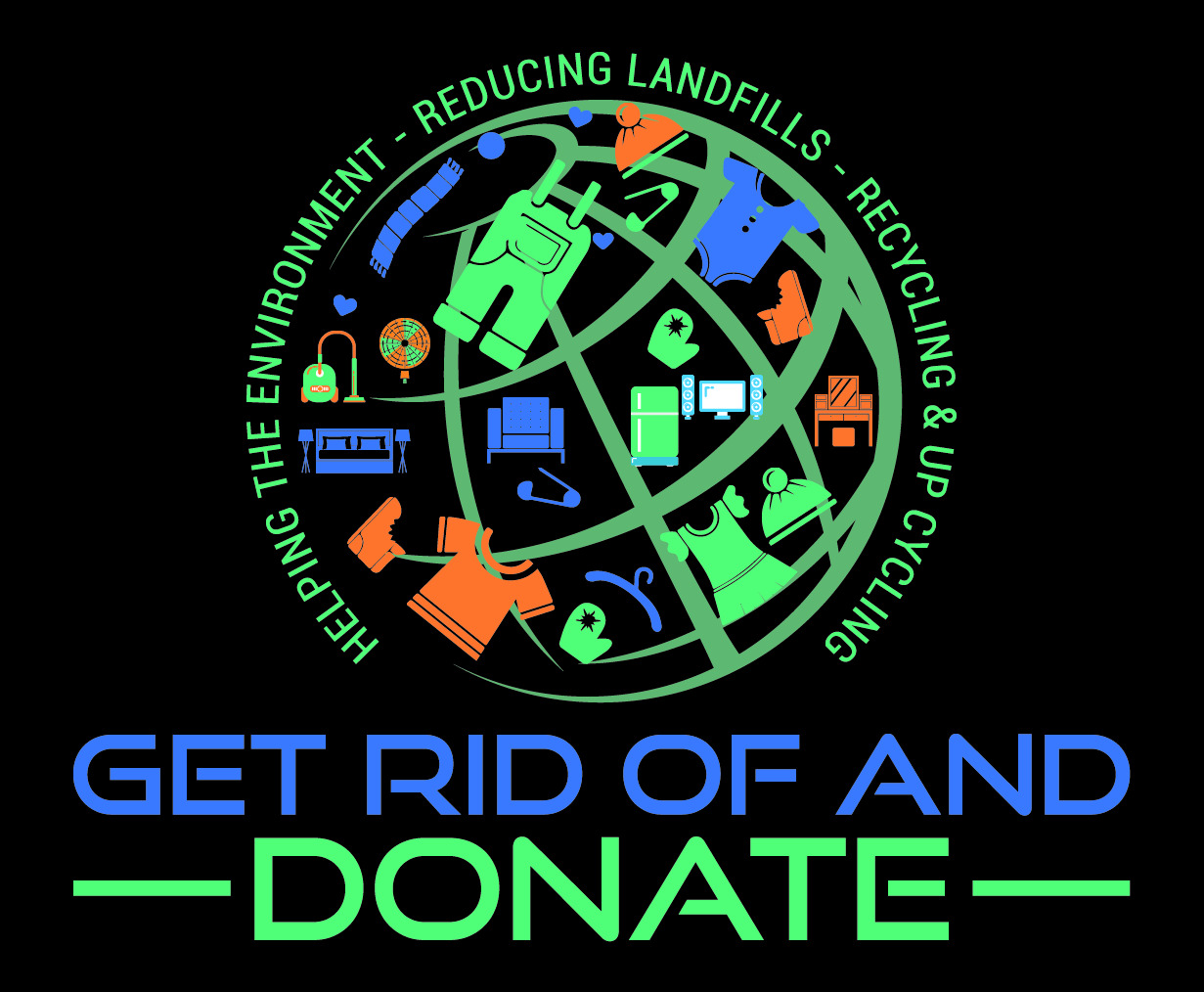
Get Rid of and Donate CIC is a non-profit environment and recycling organisation. Our goals and aims are to alleviate the congestion at landfills of items that are reusable donating to local communities. The organisation commits its assets for the benefit of the community and is self-sufficient to accumulate its revenue by diversifying fund-raising activities, and monetary donations and looking at unique solutions that can bring income to the organisation to support people in need.
Get Rid of and Donate goals are to alleviate the congestion at landfills of items that are reusable donating to local people in need in communities, reduce, reuse and recycle the 3 R's to prevent poverty through the living crisis.
The company was founded by Andrea Brown a resident of Herne Hill, South London who has both interests in the environment and poverty in communities. Andrea has collaborated with volunteers and assembled a Board of members with people with a common ground of interest.
Get Rid of and Donate action is a direct response to the global campaign on ‘Global Warming and Climate Change and the devastating impacts to the earth on a national and international level. In the UK, such effects could aggravate the weather, heavier rains and hotter weather, rising sea levels and the threat to wildlife. Its evident human behaviour and intervention have played an influential contribution to the environment. The earth for decades has been stripped of its natural reservoirs, to deforestation and desertification. Environment issues have become a catastrophe on a global scale with the current state with the consequence of political intervention, integration of policies & technologies to adapt to the effects of climate change and efforts to reduce greenhouse gases. The UK public thinks about taking action on climate change, 73% of people want world leaders to agree with a global deal and 66% think action must happen now, according to a new Populus survey.
The average household in the boroughs of Lambeth and Southwark dispose of two-thirds of a ton of waste annually the of the weight of a car. On a local level efforts are made on recycling practices to regenerate to alternative methods such as energy plants where waste is modified to generate electricity.
We are inviting volunteers who have any of the following attributes and characteristics
- Teamwork
- Patience
- Creativity
- Energetic
- Positive attitude
- Willingness to help
- Understanding
Get Rid of and Donate CIC business models involves collection of reusable items that can be given back to meet the needs for better living and maintaining sustainable environment for people in need. Our aim is to develop working relations with community care services including social and outreach intervention agencies, homeless charities, refugee/asylum centers, Where the need for the resource, items are donated to support the need.
In Lambeth and Southwark there is a dire strait of supporting people in various areas, we identified these through research and analysis local government data.
Our strategy involves working with local and mainstream stakeholders building a partnership infrastructure to distribute to disadvantaged people.
While some of the issues that leave people to poverty, and the solutions lie with a much further force that relates to inequalities within society and the economy. This also relates to the demographic changes that affect communities with the rise of many people experiencing challenges causing ‘excess poverty risks.
The early intervention of supporting people living in poverty is imminent to the climate of current affairs in prevent neglect, hunger, abandon, maltreatment the struggles of providing for the basics. The number of people reliant on food supplies has increased; families are under financial pressure and living costs. Community care focuses attention on the chronic of unmet needs. A shortage of resources in household, are due to hardships and inequalities surrounding unemployment, low paid jobs and cost of living.
The reliance on supported services have increased with food banks, charitable distributions and donations. The shortfall in household income deprives the balance of normal functionality. People are more inclined to seek assistance in crisis loss of benefit, low income, debt and homelessness, sickness and domestic violence. Supporting services is about meeting the demand for the less fortunate and vulnerable people of society. Rachel Orr, Oxfam’s head of UK programme, said the figures showed Britain’s poorest people have failed to benefit from the economic recovery ‘such outlets like Food Banks are becoming a permanent fixture as poor people are forced to rely on the charity of others to get by and put food on the table,’’
Get Rid of and Donate CIC identifies useful a d good domestic waste within our homes as a source and an option that can partly elevate such means of poverty and reduce the anxieties that prevail with the current climate of living costs crisis.

